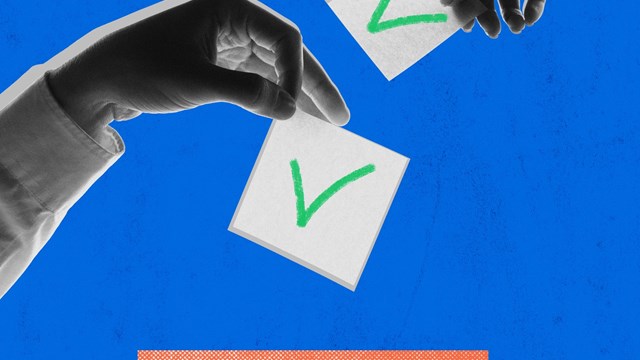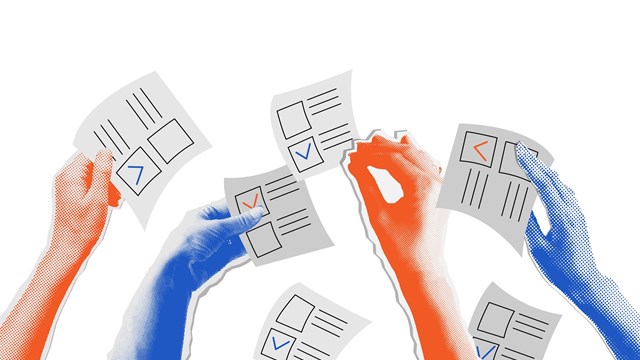
Q. Our association stated that in compliance with the Radburn Bill, all votes must be read aloud giving the unit number and the vote. Is this mandatory now?
—Wishing to Remain Silent
A. “The Radburn Bill does not impose any requirement that votes be read out loud giving the unit number and the vote,” says attorney Matthew Z. Earle, a partner in the Hackensack law firm Kates, Nussman, Ellis, Farhi & Earle, LLP. “In fact, the Radburn Bill does not address the issue of a secret ballot whatsoever.
“The Radburn Bill (N.J.S.A. 45:22A-45.1, et seq.) is an amendment to the Planned Real Estate Development Full Disclosure Act. It imposes certain requirements on all community associations in New Jersey relative to election and bylaw amendment procedures. Among other things, the Radburn Bill provides that: (1) certain nominating procedures be used for board elections; (2) all unit owners who meet the statutory criteria for good standing be permitted to run for and vote in board elections; (3) absentee ballots be used under most circumstances; and, (4) bylaws can be amended provided that less than 10% of the unit owners vote to reject provided that proper notification procedures are followed.
“The Radburn Bill may impact community associations differently depending on what a particular community association’s governing documents provide. Therefore, it is important to consult with association counsel to ensure that your community association is in compliance.
“Regarding ballot secrecy, some governing documents require a secret ballot. However, in the event that a particular association’s documents are silent regarding the issue, N.J.S.A. 15A:5-20 (a) of the New Jersey Nonprofit Corporations Act states that, ‘Elections of trustees need not be by ballot unless a member demands election by ballot at the election and before the voting begins.’ In other words, the statute permits a ‘voice vote’ for the election of directors, which, of course, would not be secret.
“However, the Radburn Bill requires associations of 50 or more units to ‘… use ballots, whether paper ballots or electronic ballots, that contain the names of all persons nominated as a candidate for the executive board.’ The requirement of the legislature that written ballots be used in larger community associations is a strong indicator that same should be kept secret.
“While New Jersey courts have not ruled on community association ballot secrecy, in the context of public elections the New Jersey Supreme Court has stated that, ‘A basic tenet of all elections is the right of a voter to cast a secret ballot…’ (In re Attorney Gen.’s “Directive on Exit Polling: Media & Non-Partisan Pub. Interest Groups,” issued July 18, 2007, 200 N.J. 283, 312 (2009)). Another New Jersey court has stated that, ‘Essential to the democratic process is the right to vote in private and in secret.’ (Kirk v. French, 324 N.J. Super. 548, 556 (Law. Div. 1998)).
“The New Jersey Supreme Court has determined that constitutional free speech rights exist in community associations notwithstanding contrary provisions of their governing documents and/or house rules. (See Dublirer v. 2000 Linwood Ave. Owners, Inc., 220 N.J. 71, 73 (2014)). Based on persuasive authority from other jurisdictions and the reasoning of New Jersey courts in applying constitutional free speech rights to community associations, we believe that it is likely that New Jersey courts would determine that written community association ballots should remain secret. In fact, the Radburn Bill itself states that, ‘[b]ecause of the significant influence community associations have over the lives of their residents and because community associations are creatures of state law, it is unfair and runs contrary to American democratic values for these communities to be governed by trustees who are not elected in a fair and open manner.’
“It is understandable that unit owners would expect a secret ballot so that they can vote in the manner they choose without fear of reprisals or upsetting neighbors. Lack of ballot secrecy may have a chilling effect on a community association’s mini-democracy. Therefore, we believe that if written ballots are utilized they must be kept secret. This comports with the reasonable expectations of voters and fundamental democratic principles.”






Comments
Leave a Comment